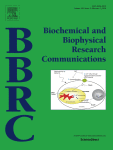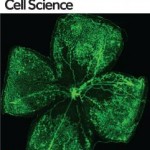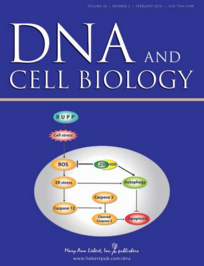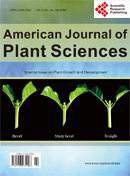
 Here’s an interesting case: We’ve found two retracted papers that describe the same gene, and both have nearly identical retraction notices. What’s unusual is that the two papers don’t have any authors in common, and appeared in two different journals published by two different companies.
Here’s an interesting case: We’ve found two retracted papers that describe the same gene, and both have nearly identical retraction notices. What’s unusual is that the two papers don’t have any authors in common, and appeared in two different journals published by two different companies.
The cause of both papers’ demise: Plagiarism, and use of unpublished data without permission “from an unnamed source,” who wishes to remain that way. The author of one of the papers confirmed to us that the unnamed source is a “3rd party service company.” Springer told us that the third party in the other paper, however, is another researcher.
It’s a puzzling case, to be sure. We think we have uncovered some of what happened, but remain slightly fuzzy on the details.
Here’s the first retraction, for “KDM3A interacted with p53K372me1 and regulated p53 binding to PUMA in gastric cancer,” originally published online September 30 by Biochemical and Biophysical Research Communications:
Continue reading How did two papers on same gene with different authors, publishers, end up with identical retraction notices?
 One Friday in January, graduate student Meredyth Forbes was reviewing material for her dissertation with her mentor when she decided to make a confession.
One Friday in January, graduate student Meredyth Forbes was reviewing material for her dissertation with her mentor when she decided to make a confession.








